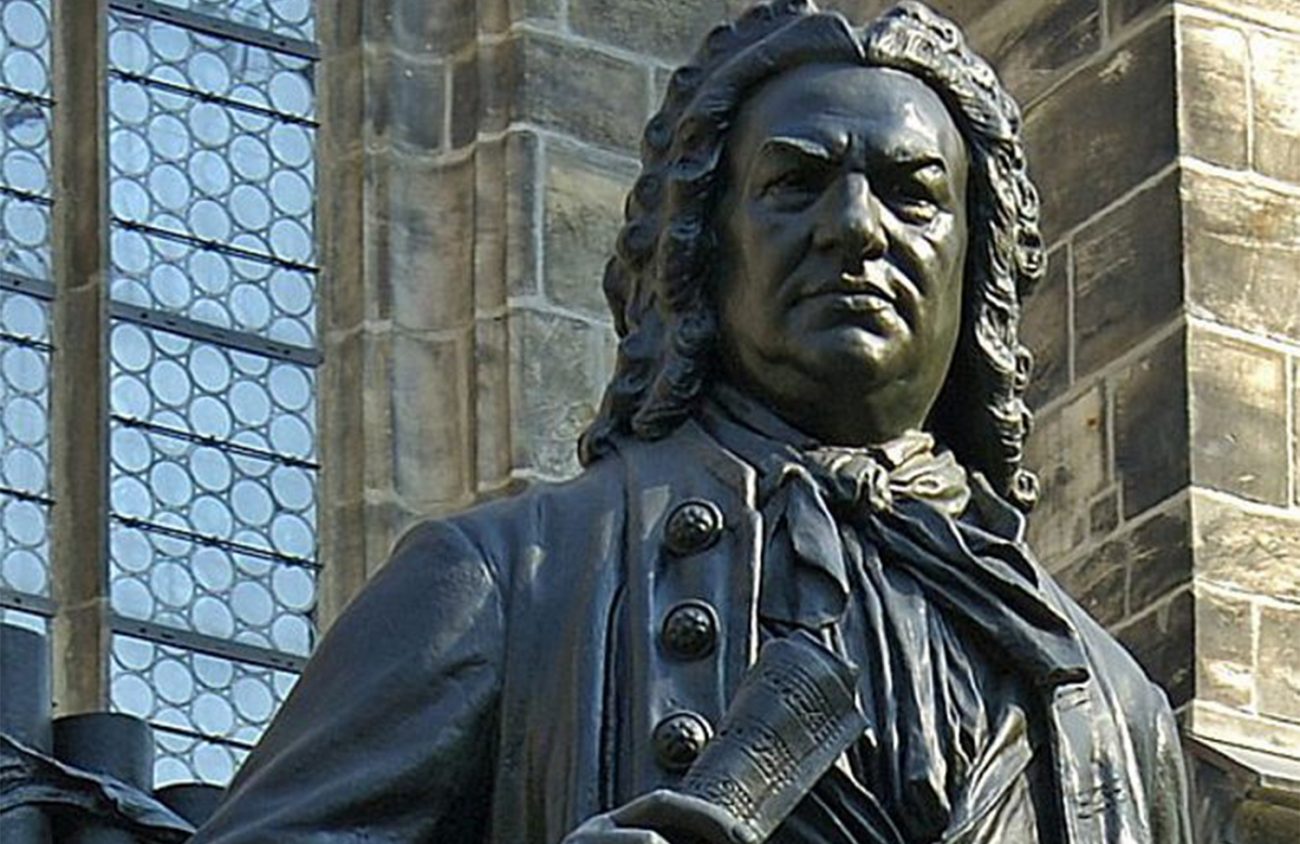After the most tumultuous year in its history, the Oregon Bach Festival returns — its internationally acclaimed artistic director fired, its reputation tarnished by his mysterious dismissal and its parent University of Oregon’s botched, secretive handling of the whole situation and its schedule diminished.
Yet the nearly half-century-old institution, one of Oregon’s artistic treasures, somehow endures despite the turmoil.
This year’s edition, which opens Friday, notably includes a pair of most-welcome contemporary works by major American composers. “Executive Director Janelle McCoy is responsible for bringing [Richard Danielpour’s] The Passion of Yeshua and Philip Glass’ Piano Concerto No.3 featuring Simone Dinnerstein to Eugene,” wrote festival director of Marketing and Communications Josh Gren in an email. “The rest of the Festival was programmed by an artistic advisory committee, led by UO School of Music and Dance Dean, Brad Foley” and including other UO faculty members and others.
For now, at least, we can finally turn our attention to the music. The festival’s first two weeks offer some attractive highlights, including a healthy dose of today’s sounds.
There’s no better gateway drug into classical music — or music in general — than J.S. Bach’s beautiful Brandenburg Concertos. Even for fans who’ve heard them a zillion times, they always reveal fresh delights. Friday (June 29) night’s historically informed performance of four of them and one of his equally enchanting Orchestral Suites at the Hult Center by the festival’s Baroque Orchestra (led by Portland Baroque Orchestra music director and world-renowned violinist Monica Huggett, an Oregon music legend herself) reflect the composer’s intentions much more accurately than any of the modern instrument recordings and performances more commonly heard.
The Baroque Orchestra also plays the festival namesake’s magnificent Musical Offering in Sunday’s Beall matinee concert, along with music by four of his sons, all renowned in their day for their mastery of later styles.
Bach’s many cantatas for choir and orchestra are among his finest yet least-often performed concert works. On July 2 and 5, Bach expert Scott Jarrett leads the Baroque Orchestra through a pair Bach wrote in 1723, in the OBF’s lecture-demo Discovery Series.
And one of today’s finest organists, Paul Jacobs, goes all-Bach at Central Lutheran Church on Friday, July 6. If that one sells out again, you can hear ElRay Stewart-Cook play Bach and more in a free afternoon organ recital there Monday, July 2.
Bach was one of German Baroque music’s Big Three, and the Festival’s Berwick Academy concert Tuesday at Beall features a sampler of music by the other two, Handel and Telemann, who were much more famous in their time.
Saturday’s Traveling Lantern Theatre Company show (June 30) introduces kids to music and history via a theatrical chronicle of Mozart’s short but incredibly rich life. For the grownups, the Berwick Academy’s July 9 show at the UO’s Beall Hall features one of his delightful Serenades, his dark, dramatic penultimate symphony, and more.
It’s got a long way to go, but classical music is finally embarking on the path to reflecting the diversity of 21st-century America. Leading the way is Imani Winds, the mostly African-American wind ensemble that has brought so much accessible contemporary music to classical stages, expertly and engagingly performed by superb musicians who love to reach out to all audiences. Read last issue’s preview (June 21) of their Saturday concert, which includes music by Piazzolla, Ligeti, Imani’s own Valerie Coleman, and an arrangement of Rimsky-Korsakov’s Scheherezade.
The big news in this year’s festival is the July 8 world premiere of Danielpour’s oratorio, led by acclaimed conductor JoAnn Falletta. It takes off from Bach’s mighty St. Matthew and St. John Passions to recount the story of Jesus’ last day from the perspective of female voices traditionally silenced in the Biblical tale — Mary and Mary Magdalene. Danielpour — whose music has been performed by Yo-Yo Ma, Dawn Upshaw, Emerson String Quartets, New York Philharmonic and more — will talk about his Yeshua Passion, which the festival commissioned, on July 3 at the Hult’s Soreng Theater.
We’ll tell you more about the other big new work, Philip Glass’s Piano Concerto No. 3, next time, but you can hear the legendary American composer play and talk about his music with KWAX’s dulcet voiced Peter van de Graaff July 11 at Soreng.
Every other year, the festival’s Composers Symposium features new music by emerging composers as well as a distinguished composer in residence. This year it’s Martin Bresnick, whose wife, Lisa Moore, one of the finest pianists in the world, plays his music July 7. Friday’s concert features traditional Korean music performed by the ensemble Sinakhoe, who also play premieres of intercultural music July 3.
A vocal concert Saturday, June 30, features the great soprano Esteli Gomez, while a distinguished quartet of Oregon-based musicians play new chamber music July 4-6. The Symposium’s late-night Wild Nights cafe series (July 4-8) gives musicians the chance to improvise, and there’s much more listed at its website, iwagemusic.com.
Celebrating Leonard Bernstein’s centennial, the festival’s Stangeland Family Youth Choral Academy sings the great American composer/conductor’s ebullient Chichester Psalms on July 10 at First United Methodist Church, along with music by Kurt Weill, Bach and more. They’re also doing a free noon show at the Hult on July 7.
On July 7, Rodney Marsalis’s Philadelphia Big Brass turns the horns loose on Bach as well as music by Sousa, Bernstein, Handel, Elvis, Fats Waller, and more.
Remember too that the festival also offers a wealth of free events, including informative talks about much of the music being performed this summer. Check oregonbachfestival.com for details.
